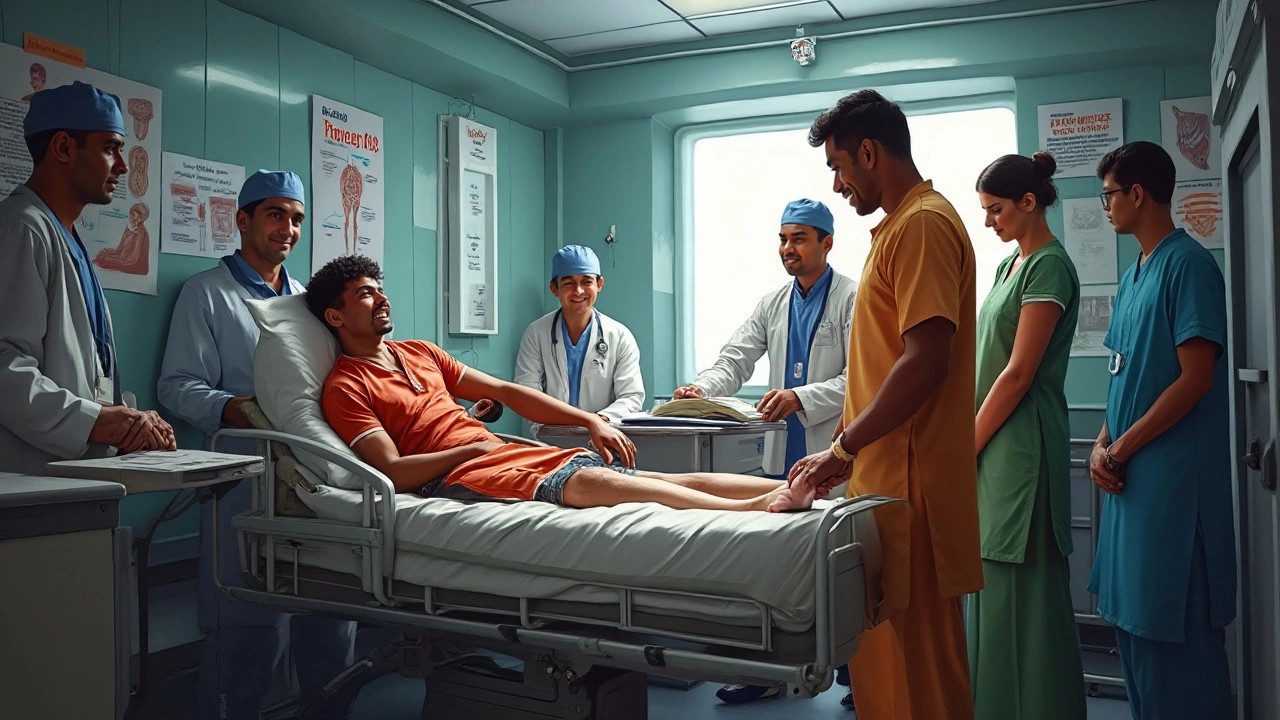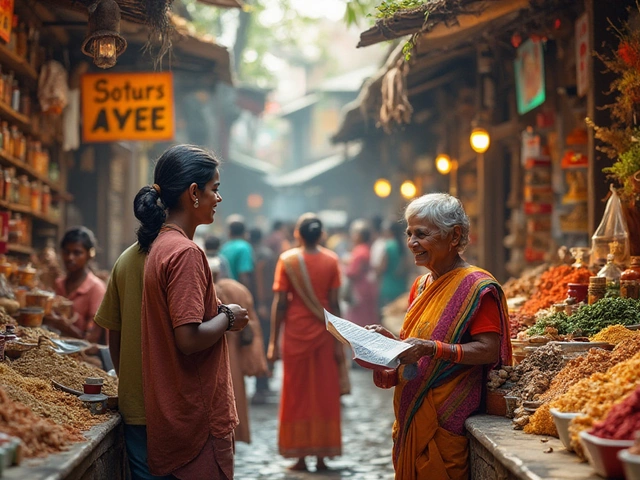Emergency Treatment: What to Do When Every Second Counts
If you’re reading this, chances are you want a clear plan for handling medical emergencies – especially those involving medicines or toxins. The good news is you don’t need a medical degree to act fast. Knowing a few key steps can keep a situation from turning deadly.
First, stay calm. Panic makes it harder to remember instructions and can scare the injured person. Take a deep breath, assess the scene, and decide if it’s safe to move the victim. Safety for you and the patient always comes first.
Recognize the Signs of a Toxic Emergency
Medicine‑related emergencies often show up as sudden dizziness, vomiting, trouble breathing, or a rapid heartbeat. If someone has taken a new drug, mixed it with alcohol, or swallowed something unknown, watch for:
- Severe stomach cramps or watery diarrhea
- Confusion, slurred speech, or loss of consciousness
- Skin flushing, hives, or swelling of the lips and face
- Chest pain or irregular pulse
Any of these symptoms require immediate action. Even if you aren’t sure, call emergency services – it’s better to be safe than sorry.
Step‑by‑Step First‑Aid for Common Drug Overdoses
1. Call for help. Dial 112 (India) or your local emergency number. Give the operator the person's age, weight (if known), and the name of the drug or toxin if you have a label.
2. Keep the airway clear. If the person is unconscious but breathing, place them on their side (recovery position) to prevent choking.
3. Don't induce vomiting unless told. Some substances cause additional damage when they come back up. Follow the operator’s instructions.
4. Give activated charcoal only if advised. It can bind certain poisons, but it’s not a universal antidote.
5. Monitor vitals. Note any changes in breathing, skin color, or consciousness level and report them to the responders.
These steps work for most medication overdoses and accidental poisonings. For specialized toxins – like insecticides or heavy metals – a hospital will need specific antidotes.
While you wait, gather any leftover pills, containers, or medical records. That information speeds up diagnosis and treatment. If you’re near a pharmacy, ask the pharmacist for a quick toxin‑lookup; many Indian pharmacies keep basic emergency charts.
Remember, time is the most valuable resource in an emergency. Every minute you spend gathering facts and providing basic care can improve outcomes dramatically.
Beyond the immediate response, consider a few preventive habits:
- Store all medicines out of reach of children.
- Keep a printed list of any chronic meds you take, along with dosages.
- Know the nearest hospital with a toxicology unit – Toxic Medicine Insights lists top facilities across India.
- Take a short first‑aid course that covers poisoning and drug reactions.
By staying informed and ready, you turn a scary situation into a manageable one. Keep this guide handy, share it with family, and you’ll feel more confident the next time an emergency strikes.
Got more questions about a specific medication or a rare toxin? Toxic Medicine Insights offers deep dives on poisonous substances found in Indian medicines – just search the drug name and get the facts you need.

Understanding the Most Common Orthopedic Emergency: Fractures
Orthopedic emergencies demand fast and effective intervention to prevent long-term damage. Among these, fractures, specifically of the hip and lower limb, are the most frequent occurrences due to accidents, falls, and sports injuries. This article delves into why these fractures are so common, highlights the essential steps for initial management, and discusses the role of immediate care in promoting better recovery outcomes. Readers will gain insights into risk factors, prevention strategies, and the importance of seeking timely medical assistance.

What’s the Best Herbal Health Supplement?
Apr, 6 2025

Unveiling the Risks of Herbal Supplements
Dec, 14 2024


